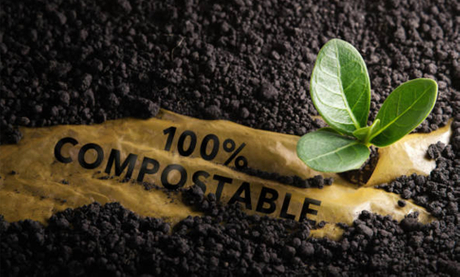



The report argues that plastic pollution requires a systems-wide change rather than isolated clean-up efforts. It proposes starting with reducing problematic and unnecessary plastic, then redesigning products and packaging, and pairing these changes with a market transformation toward a circular pla
The European Parliament approved a proposed EU law aimed at cutting packaging waste by restricting certain single-use plastics. If EU member countries give final approval, the rules would take effect from 2030 and ban items such as mini shampoo/cosmetics bottles in hotels, thin grocery bags, single-
Paper carrier bags are presented as a strong fit with the EU’s new Packaging and Packaging Waste Regulation (PPWR) because they are made from renewable wood fibres, are reusable, and are widely recyclable. The article argues that the kraft paper and paper bag industry has long focused on conserving
When consumer demand for sustainable packaging is on the rise, and more and more multi-national companies are being required to meet & achieve sustainability goals, the question that comes up is: How do you know that your sustainable packaging is legit? What things should you be looking for to ensur
Compostable plastic packaging addresses the challenges of plastic pollution from the design phase. It offers a packaging alternative that mimics perfectly the positive properties of a conventional plastic packaging such as moisture and oxygen barrier, shelf-life, lightweight design, and flexibility,
Vacuum seal bags have become an essential item for households, restaurants, and businesses looking to preserve food for extended periods. Traditional vacuum seal bags often use multiple layers of plastics derived from non-renewable sources, raising concerns about their environmental impact. In respo





